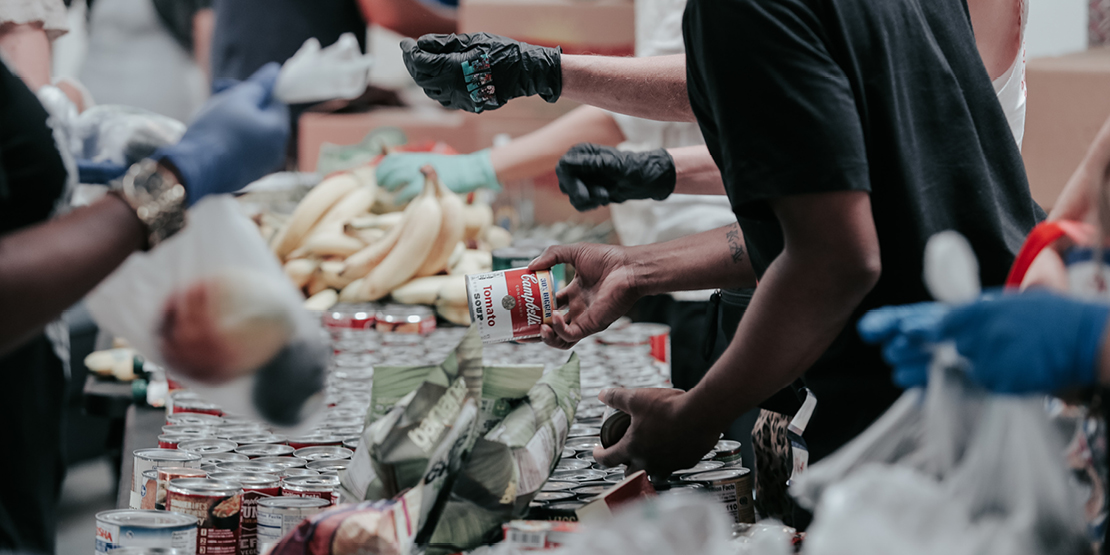How to Avoid Charity Impersonation Scams
Criminals prey on unfortunate circumstances, seeking to capitalize on victims during times of panic and hardship. Cybercriminals have been known to pose as charities or legitimate websites to lure victims into sending money or revealing personal information. As crises and natural disasters continue to make headlines, scammers will continue to find ways to capitalize on current unrest and exploit people’s sympathy by creating fake donation sites.
Scammers have had several opportunities to take advantage of people’s generosity in recent history, including the COVID-19 pandemic, the Ukraine conflict, and currently Puerto Rico’s hurricane recovery efforts. When you donate it to illegitimate charity sites created by scammers, your money will go into the scammer’s pockets instead of to those who need financial aid.
How to Identify a Charity Impersonation Scam
Charity impersonation scams can be very difficult to spot, as many scammers often impersonate well-known nonprofits and even apply for and receive tax-exempt status through the IRS.
An example of this is the Cancer Fund of America (CFA), which posed as the American Cancer Society and claimed to help cancer patients. However, a majority of the $75 million in donations raised by the illegitimate nonprofit instead went into the pockets of CFA operators and their families and friends.
The CFA has since been dissolved by the Federal Trade Commission (FTC), but false charities like this continue to prey on the generosity of hardworking individuals. The FTC offers several tips for what you should do before donating to any charity:
- Search online for the cause you care about — like “hurricane relief” or “homeless kids” — plus phrases like “best charity” or “highly rated charity.” Once you find a specific charity you’re considering giving to, search its name plus “complaint,” “review,” “rating,” “fraud,” or “scam.” If you find bad reviews, it might be best to find another organization.
- Check out the charity’s website. Does it give you details about the programs you want to support or how it uses donations? How much of your donation will go directly to support the programs you care about? If you can’t find detailed information about a charity’s mission and programs, be suspicious.
- Use one of these organizations that help you research charities:
- Find out if the fundraiser and the charity are registered. Some states require that charities register with the state regulator. Check to see if a fundraiser and the charity they’re calling on behalf of are registered with your state’s charity regulator.
- Check if the donation will be tax deductible. If this is important to you, confirm that the organization you’re donating to is registered with the IRS as a tax-exempt organization. Look up the organization in the IRS’s Tax Exempt Organization Search.
How to Avoid Donation Scams
It’s not always easy to disregard messages from senders that seem reputable, like charities. If you have any doubts about an email from a seemingly legitimate source, you should navigate to the organization’s website and use the contact information there to reach out. Never respond to the initial message, whether that be an email, text, or any other type of message.
The FTC offers several precautions you can take to ensure your charitable donations are actually going to those in need:
- Don’t let anyone rush you into making a donation. Scammers rush you so there’s no time to research their claims or think it through.
- Don’t trust your caller ID. Technology makes it easy for scammers to fake caller ID information. Calls can look like they come from your local area code, or from a specific organization, even if they don’t. In reality, the caller could be anywhere in the world.
- If the fundraiser says you already pledged, stop and check. They may lie and say — in a phone call or a mailer — that you already pledged to make the donation, or that you donated to them last year. They think that means you’ll be more willing to donate.
- Listen carefully to the name of the charity, write it down, and then research it. Some scammers use names that sound a lot like other charities to trick you. Do some research before you give.
- Watch out for sentimental claims with few details. Be suspicious if you hear a lot of vague sentimental claims, for example, that the charity helps many families that can’t afford cancer treatment and veterans wounded at war who can’t work, but don’t get specifics about how your donation will be used.
- Don’t donate with a wire transfer or gift card. Anyone asking you to donate this way is a scammer.
- Sweepstakes winning in exchange for a donation? Nope. If someone guarantees you’ll win a prize or contest if you contribute, that’s a scam. You won’t win anything, and your donation money will go to a scammer.
Choice Bank is committed to providing you with up-to-date resources to help you stay informed. Check out our cybersecurity resource page for more tips, trends, and current events.



